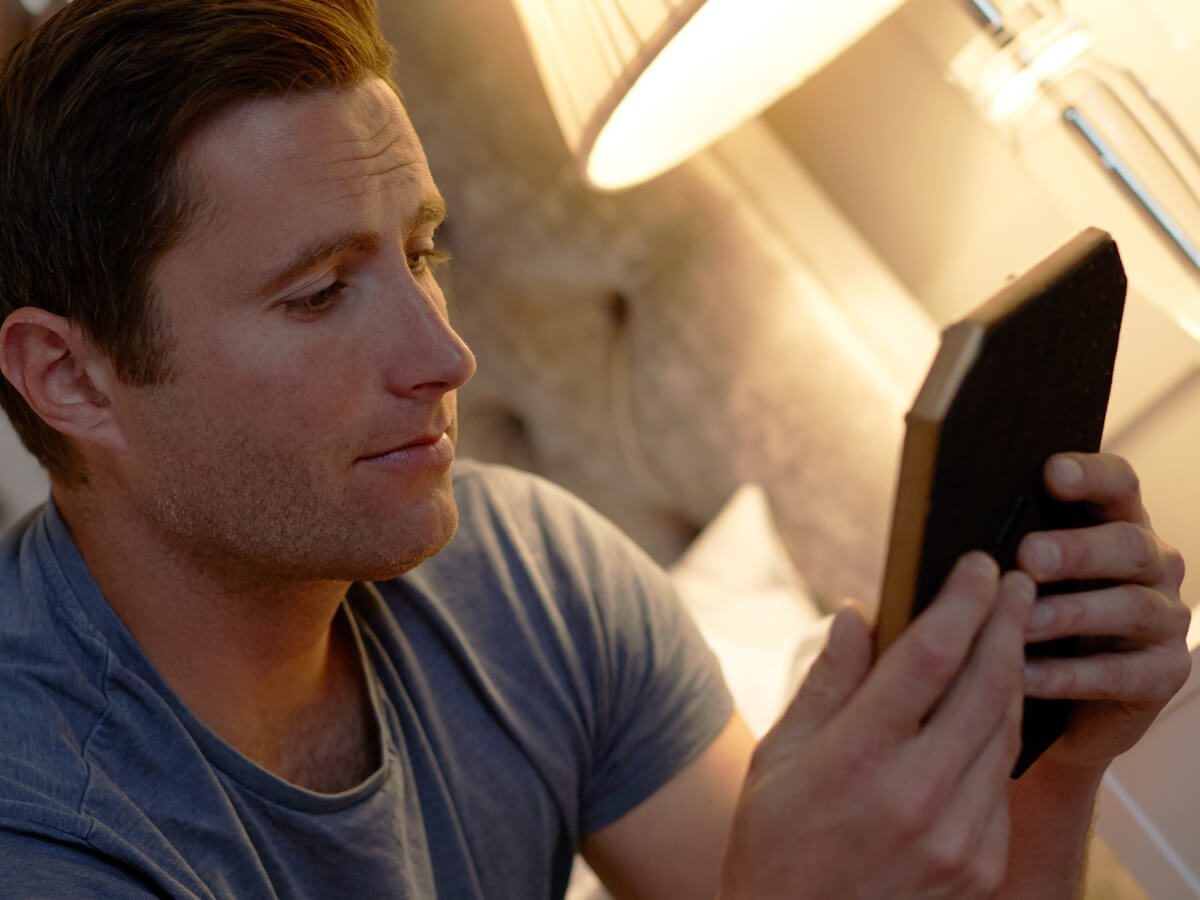Editor’s note. The following essay is an edited transcript of a spoken testimonial Pastor Gordon Wiersma gave to the Hope Church congregation as part of the church’s Reconciliation series. It is reprinted with permission.
My Dad, Jack Wiersma, died in 2017. My Dad died after 81 years of life – after several years of health issues that depleted his body – and after a number of difficult years of conflict between my Dad and the rest of our immediate family. As a pastor, as a person, in my interactions with others over many years, I have found that when there is the death of a parent in which there is a good relationship, that there is something of a shared familiar space of how to talk about it. In such a time there is a space to share good memories and gratitude, sorrow and grief, comfort and support; it is deeply difficult and painful, but there is a more familiar way to ask and to speak about such loss.
But when my Dad died after years of a conflicted relationship, I found it difficult to know how to talk about it. When someone asks, “How are you doing?” or says “You must miss your Dad” – I am grateful for such kindness, but uncertain how to respond. I felt a push against pretending that my feelings were in that more accustomed space of gratitude and grief; but it was hard to know how to speak differently. I love my Dad, and I am angry with my Dad; I love my Dad, and often did not like him; I love my Dad, and there were actions that brought hurt; I grieve my Dad, but my feelings are very complicated.
So, I began to try to express some of that when people asked about my Dad: “Thanks for your kindness – I had a difficult relationship with my Dad, so it’s hard to sort out all I’m feeling;” “Thank you – I loved my Dad, but there was hurt and conflict too, so I’m trying to sort that through.” I know that I tried this out because I needed to for myself – in order to be true to myself; but I felt too that perhaps it could provide a space for others – not a space we share as often in public, but that many of us share in our relationships. I tried out saying things that way, and it too went OK – people listened, people were gracious – I felt healing in me, and sometimes felt healing in them too – a space opened up for grace.
Now, this is not a neatly tied up story with a happy ending, but there is this: as I began to try to express honestly some of the complexity of my Dad and me, I found too that it opened up in me a space to hold more fully some of what I am grateful for about my Dad – the good things my Dad was and did. That wasn’t what I expected – but it happened – and that is grace too. I don’t have a lot of pictures of my Dad – but after my Dad’s death my Mom gave me an old photo of my Dad and me when I was about 12, I think – very blond! long hair! – my Dad in his 40s; we’re out on a boat, both looking ahead, smiling at something going on out there – together. I kept that photo close at hand in the months after my Dad’s death, and even as I was honest with myself and others about the difficulty of my relationship with my Dad, I also looked at that picture and felt gratitude too. And then recently my wonderful wife put that photo into a frame, and I came home to it hanging in our house, and it was good. It doesn’t feel like pretending – it is complicated, but it is real, and there is space to hold many different things together.
I love my Dad, and it is difficult – and that remains. And in that less spoken of space, I find the grace to live not in pretend or bitterness, but in honesty and gratitude. In this community of kindness and care that is Hope Church – you who have graciously received my care and have given care so richly to me – I pray that in seasons of grief we will have the space for many kinds of stories and relationships, and I offer to listen whatever your story is. Thank you for listening to mine.
Prefer to listen? Here is Pastor Gordon’s testimonial in an audio format.









0 Comments